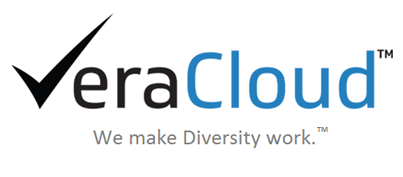Legislation + Implementation: The best intentions of the most progressive public servants REQUIRE collaboration with the Private Sector.
As part of his great vision for a New Frontier, John F. Kennedy signed The Equal Pay Act of 1963, a US labor law aimed at abolishing gender-based wage disparity. Half a century later great disparities still exist, and the more diverse the population, the greater the inequalities.
According to the Voter Participation Center:
54 years after the Equal Pay Act was signed into law, women are still fighting to earn the same earnings as men for equal work. According to the most recent data on 2016 available from the U.S. Census Bureau, women on average make 80 cents for every dollar a man makes.
Earning disparities are even greater for unmarried women, who have seen a steady three-year decline on their earnings in comparison to married men. Unmarried women now earn only 59 cents to every dollar a married man earns, part of an ever-consistent pattern of unmarried women being left behind, even in a growing and improving economy.
In short, there have been no real substantive gains for women. In fact, equal wages is seeing a backwards trend while married men continue to see their earning power grow.
This is not just a US problem, but a global one: In 2006 The World Economic Forum introduced theGlobal Gender Gap Index to capture and track the magnitude of gender-based disparities over time. At #45 globally, the US has a lot of catching up to do.
At VeraCloud, we partner with those also driven to dismantle systemic inequalities, change lives, transform communities, and positively impact generations.
We have built our platform to better equip the private and public sectors to deliver on progressive policies, and to substantively impact the bedrock issues of diversity, access, and inclusion that continue to threaten the advancement of multiple diverse communities throughout the United States.
Today as we recognize these issues, we join in with leaders like Sheryl Sandberg who work with great purpose and intent to resolve these systemic inequalities at whatever scale is needed. From Forbes:
Today is Equal Pay Day. #20PercentCounts highlights that women are, on average, paid 20% less than men in the U.S.; that statistic is worse for black women (37% less) and Hispanic women (46% less). "Equal pay is essential to the goal of gender equality," says Sheryl Sandberg, one of America's few self-made women billionaires, in a statement on the launch. "This issue speaks to how we value women’s labor, knowledge, time, training, and so much more. In short, it’s about women’s worth. There’s nothing more fundamental than that."














